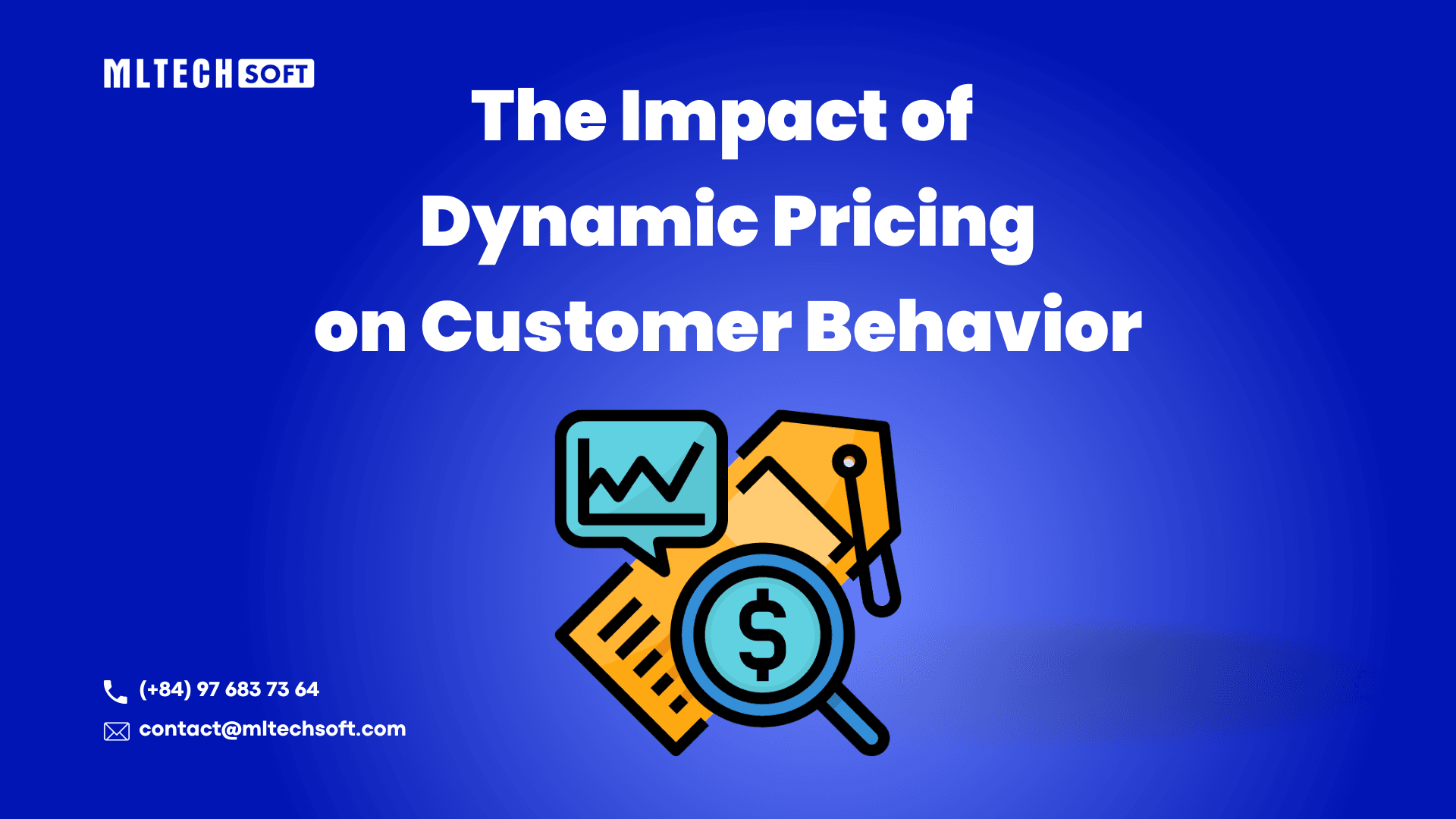Scroll down for more
How To Ask The Right Questions To Get The Information You Need From Vendors

If your business success depends on trusted suppliers and vendors, you need to be very specific in choosing your supply chain participants. Every day, parts arrive, components are designed, and products are sold. As production consumes parts, the supply chain manager replenishes what is needed. "Business as usual" usually means everything runs smoothly.
If your marketing and sales strategy requires you to fulfill more orders than usual, it's comforting to know that your supplier will work with you to help meet that requirement. This is part of the necessary relationships with our suppliers and vendors. It is the experience gained over time that helps them understand where their limits are.
If the desired product is only available from one manufacturer, you may not be able to select it. If you are not satisfied with the sole manufacturer of that component or service, you may need to research what you need to manufacture yourself. On the other hand, if you have a small number of suppliers, you can do yourself a favor by researching all of them and choosing the right one.
Ask the Right Questions to Vendors
If the desired product is only available from one manufacturer, you may not be able to select it. If you are not satisfied with the sole manufacturer of that component or service, you may need to research what you need to manufacture yourself. On the other hand, if you have a small number of suppliers, you can do yourself a favor by researching all of them and choosing the right one.
Clarifying requirements
Articulating requirements means making sure those requirements are unambiguous. You need clear, well-defined requirements so that you don't argue with your customers about whether you delivered what they wanted. One way of clarifying requirements is by creating acceptance tests.
Assessing capabilities
A vendor assessment, also called a vendor capability assessment or third-party quality assurance audit, sends an experienced quality assurance engineer to the vendor's site to do a thorough assessment of the vendor's capabilities and workload.
The Supplier Evaluation Service lets buyers know that the manufacturer has the right skills, systems, approvals, processes, and resources to deliver the goods that were ordered.

Prepare for Effective Vendor Interviews
Most interviews ask questions about your personality, qualifications, experience, and how well-suited you are for the job. In this article, we look at examples of various vendor interview questions and provide sample answers to some of the most common ones.
A balanced scorecard (BSC) or dashboard can be used to track his KPIs for optimal supplier performance management. The Balanced Scorecard highlights global business objectives along with KPIs, while dashboards focus on operational metrics and monitoring processes.
Define the Purpose of the Interview
If you are looking to start an event planning business in your area, one of the most important things is building relationships with local vendors. Please keep that in mind. These are connections you are likely to maintain throughout your career.
For example, if you have a reliable and trusting relationship with a good caterer or florist, the details may change, but the routines related to the vendor stay pretty much the same. This lets you change the way you plan events for different clients. You will find that it becomes much more predictable.
First, call your vendor and tell them you're new to the event industry and gathering resources. Then try to arrange a visit to the seller's place of business. In this way, you can get a better picture of how efficiently your business is operating.
Bring your note-taking tools, either old-school pen and paper or an electronic note-taking solution, and jot down anything that catches your eye or that you want to keep track of.
If you're not sure what to consider, here are some questions you should ask any provider at your first meeting.
Research the Vendor
Based on years of experience, market research providers can provide insight into the research design that best fits your needs. We can also reach your target audience and experienced individuals most economically, and we have research panels that help you conduct interviews and focus groups.
If you find that your business needs information that requires the skills and resources of a market research provider, here are some ideas on how to work with them to get the most out of that investment increase.

Prepare a List of Questions
No matter who you are, stepping into a trade show can be an overwhelming experience. There are well-known and unknown vendors who want your attention, as well as a myriad of other attendees who roam and mingle in the exclusive area.
If this photo makes you uneasy, don't worry. We've put together nine questions you can ask almost any vendor at your next trade show to see if their products are a good fit for your association.
Ask the Right Questions to Vendors
General Vendor Questions:
How long have you been with the company?
This response will let you know if their product has stood the test of time and may indicate if they have the experience you want when it comes to customer service and product feedback.
What makes us different from our competitors?
This response varies from company to company, but ideally, we want to hear about your mission, values, and beliefs about your team and product.
What are your support hours?
This answer shows how easy it is for you and your team to get the help you need when you need it.
What other products do you offer?
This answer tells you if it's a one-trick pony or if you can offer other services to the club. This answer will also tell you which services they prioritize.
What is the product pricing structure?
Ideally, we are looking for a company with a transparent pricing structure. They may not have that exact answer at the fairgrounds, but their answers should tell you a lot about how they operate as a company.

Clarify Requirements
Buyers often tell suppliers what kinds of paperwork they need to give them as part of supply contracts. Supplier Document Requirements (or VDR) is a list of these document types. Usually, each line has a document code, a description, and a delivery date, like 10 days after the order.
Assess Capabilities
When you do a supplier capability assessment, you go through a formal process to find out what a potential or current supplier can really do over the course of a certain product or contract.
Mitigate Risks
Risk reduction is the process of planning for disasters and having the ability to mitigate their adverse effects. The principle of risk mitigation is to prepare an organization for all potential risks, but a good risk mitigation plan weighs the impact of each risk and prioritizes planning around that impact.

Conclusion
A short list of preferred suppliers can be easier to manage and more cost-effective. Remember that the ultimate goal is a win-win situation for the supplier and you. Open and transparent communication is therefore very important. Finally, have a backup plan ready. A company you know can help when all else fails.
Get our blog
Want the latest and greatest from our blog straight to your inbox? Chunk us your details and get a sweet weekly email.
Read more in our blog

Project Management
The Impact of Dynamic Pricing on Customer BehaviorExplore the impact of dynamic pricing on customer behavior and learn how to implement effective pricing strategies.

Project Management
Focus in Scrum: Keeping Your Team on TrackDiscover effective strategies to maintain focus within your Scrum team, overcome common challenges, and boost productivity.

Project Management
Key Metrics for Mobile App SuccessDiscover the essential metrics for mobile app success, from user acquisition and engagement to monetization and performance.
MLTECH SOFT